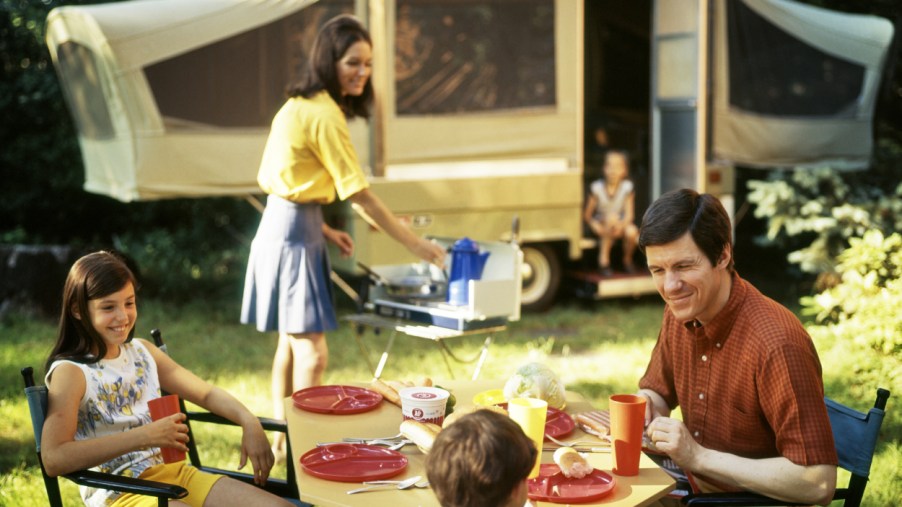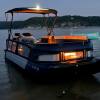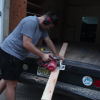
Buying a Pop-up Camper Has a Few Hidden Downsides
For some people, the benefits of having a pop-camper are obvious. Pop-up campers are economical, easy, and lightweight. But while there are many advantages, there are also many downsides that you may be unaware of.
For the number of advantages, there is an equal number of drawbacks to match. And it is the pop-up camper’s downsides that may be the most beneficial in deciding whether one of these campers is a good idea for you or not.
What it is that attracts people to pop-up campers?
Many people want to enjoy the adventure of the outdoors, but often consider the world of recreational vehicles to be costly. This is typically the most popular reason people may turn to pop-up campers as a solution.
Pop-up campers are “one of the cheapest options in the world of RVs,” according to Trip Savvy. These campers often offer a low starting price, with even the snazziest of pop-up campers coming nowhere close to the cost of some other types of trailers, campers, and RVs.
Not only do pop-up campers cost significantly less to purchase than other options, but it’s also cheaper to maintain and haul them as well. Its small size and lighter weight make the pop-up easy to haul, as well as more accessible to wider groups of people. Smaller SUVs and even some larger cars are able to haul many types of pop-up campers.
The hidden downsides of owning a pop-up camper
There are plenty of benefits to owning a pop-up camper, but there are plenty of downsides that many buyers do not consider before purchasing. The benefits of a pop-up camper are often a trade-off for other conveniences.
For example, a pop-up camper is lightweight and easier to tow than traditional trailers and RVs. But this reduced weight is a result of the pop-up camper’s smaller surface area.
For the lightweight design, these campers must sacrifice storage space, living/sleeping space, and even kitchen and bathroom luxuries. In fact, showers, toilets, and even kitchen amenities are typically reserved for only the largest of pop-up campers.
According to CNET, because of a pop-up camper’s partially-constructed design, “your efforts to heat or cool a pop-up camper will be mostly futile.” Unlike many other types of travel campers and RVs, pop-up campers don’t typically come with heating, cooling, or even insulation. This means that for most people, a pop-up camper can be uncomfortable in inclement weather.
The flimsy, non-sturdy nature of the pop-camper provides less protection from the outside elements, including possible wildlife. Its design also makes pop-up campers prone to certain maintenance issues.
According to RVUSA.com, rain and water can easily seep into the sides and seams of a pop-up camper, easily resulting in mold and mildew issues if not aired out properly.
Which type of RV is right for you?
It is important to consider everything when deciding to purchase a pop-up camper. Even with all the downsides considered, these campers can still provide a variety of advantages. Whether a pop-up camper is a good idea or not depends on your situation and needs. It is most important that you are aware of the downsides and that you weigh them against the benefits.
For example, if camping in winter or in tropical areas is important, you may want to consider something sturdier than a pop-up camper. Also, consider the number of people you wish to sleep or fit comfortably.
But if you are trying to stick to a strict budget, desire closeness with nature, and/or need something small and easy to tow, the pop-up camper’s drawbacks can be easily managed or compromised for.


